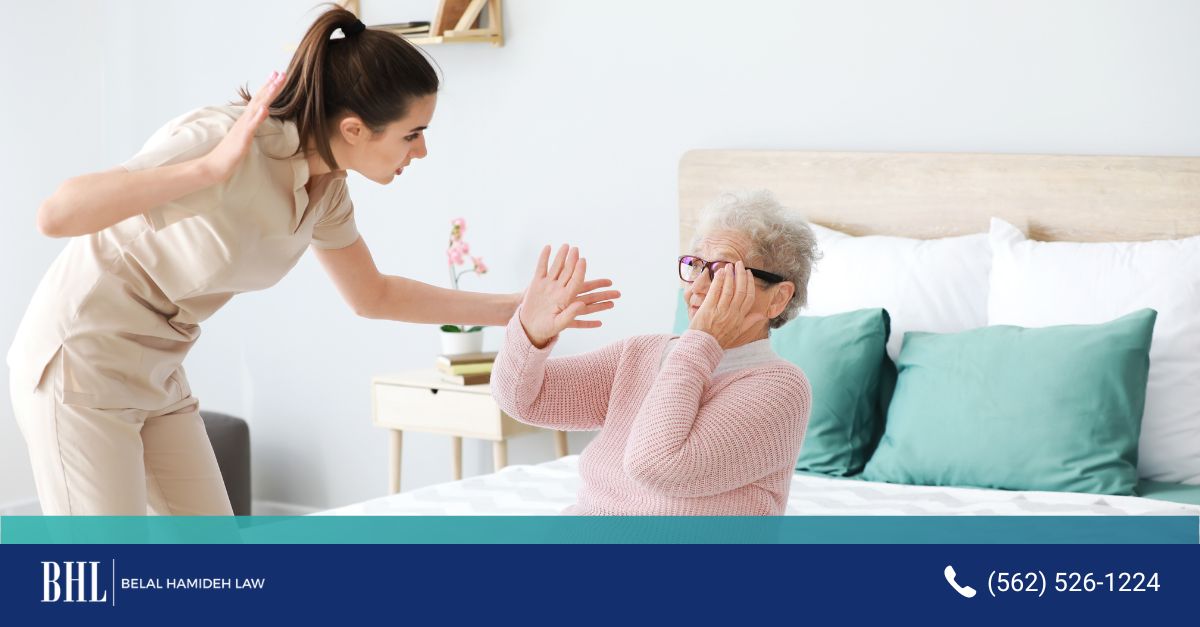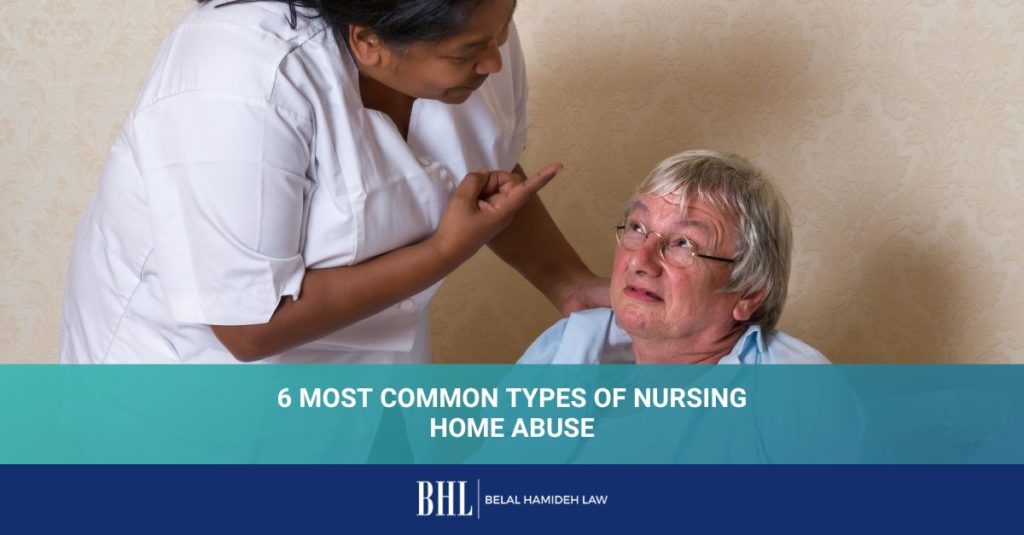Nursing home abuse is escalating across the country. With the population getting older, this type of problem is increasing. Therefore, you cannot waste time speaking to an attorney to represent you in a case. When you see signs of abuse, you should talk to legal counsel immediately.
Speak to a Nursing Home Abuse Lawyer California Professional Right Away
In California, you need to schedule a consultation with a nursing home abuse lawyer professional without delay. You need to find out how to remedy the problem or receive compensation to cover a wrong or pay for future medical care.
Examples of Nursing Home Abuse
According to people who cover nursing home neglect, abuse is termed in various ways. One professional article entered into the National Library of Medicine covered the definition of nursing home abuse from a focus group study. CNAs said that abuse, in their experience, included:
- The aggressiveness with a patient, including pulling too hard and rough handling
- Yelling out of anger
- Threatening a patient
- Slapping, hitting, cutting, and punching
- Speaking harshly to a patient or cursing them
Neglect in Nursing Homes
In addition to these aggressive behaviors, abuse also extended to neglect. These non-actions included not doing the following:
- Caring for a patient’s dental needs
- Scheduling range of motion exercises
- Changing incontinent patients
- Caring for patients who were bedfast or not offering them activities
- Prescribing or applying wound care
- Giving residents regular baths
- Transferring a patient themself when the patient required a 2-person transfer
- Giving patients the required hydration
- Responding to a patient who needed assistance via their call light
Why Abuse and Neglect Occur
The above issues may happen and commonly occur, when a nursing home lacks the professional management and resources required to operate sufficiently. This, in turn, leads to a noted lack of quality of care and perpetuates abuse and neglect in the care environment.
A nursing home abuse lawyer California professional can assist you with your loved one’s unique nursing home needs, and support your requests for compensation. Only by taking this measure will you see justice done so you can give a patient the proper care or receive a fair and proper settlement.
An Overview of Contributing Factors
To capsulize why nursing home incidents happen, you have to narrow down the reasons. These reasons can include:
- Shortages in staffing
- Lack of staff training or experience
- Underpaid employees
- Poor management and accountability
- Individual issues of caregivers
- Individualized risk factors or patients*
*Patients may be more at risk who have specialized care needs, who have severe physical and cognitive disabilities, or who are women or who are Veterans.
How Understaffing Decreases Quality of Care
Understaffing can lead to a lack of care, as members need to work as a team. If the nursing home is short-staffed, part of the cog is missing in the wheel, so to speak, which leaves patients vulnerable to abuse or neglect.
This may lead to staff members prioritizing the care needs of residents, which can lead to a lack of care that constitutes long-term abuse.
The Centers for Medicare & Medicaid Services (CMS) states that a nursing home with fewer nurses on staff also leads to a lower standard of care. Bad outcomes result from both insufficient staffing and staff members who are inadequately trained.
Poor Training and Neglect
A staff that is undertrained may include employees who do not have the required vocational training or educational requirements or have an inadequate background in the field.
Undertrained staff may also include individuals who do not have a full understanding of resident rights or have not been trained on nursing home policies. Often, training is lacking for specific illnesses, needs, or disabilities.
In many cases, staff members feel they have not been given the tools needed to deal with violent or aggressive residents who develop this behavior due to cognitive decline.
Major Indicators that a Patient is Suffering from Abuse or Neglect
The following information details some of the more common indicators of nursing home abuse and neglect.
1. The Development of Bed Sores
If a patient spends too much time in bed or in a chair, they will develop bedsores on their back, joints, hips, or feet, or in areas where the bones press against their thinner and fragile skin. If bedsores are not treated, they’ll become infected, which leads to further hospitalization and even death.
Also, residents who do not receive the proper nutrition and hydration increase their risk of bedsores.
2. Fractures and Broken Bones
Falls are a leading and contributing factor to broken bones or fractures in nursing home residents. Without careful monitoring, these types of incidents happen frequently. It’s up to the staff to carefully move patients and help them when walking. Striking the patient out of anger or pulling too hard can also lead to these injuries.
3. Emotional and Verbal Abuse
Signs of emotional and verbal abuse include a loss of interest in activities or withdrawal, plus worsening depression. If a staff member yells out of anger or frustration, the patient may be too scared to ask for help or speak about the incidents to others.
4. Medication Errors or Overmedication
Because of a lack of training or care, staff members may also dispense the wrong medicine or dosages to residents. These errors may potentially end in a fatality. Overmedication is the most common reason that fatalities occur.
5. Sexual Abuse of the Resident
If nursing home resident has advanced dementia, they are more vulnerable to sexual abuse as they cannot clearly tell others what is happening or prevent the activity. Indicators that this abuse is occurring include unexplained bruising or bleeding in the genital area or the transmission of a sexually transmitted disease.
6. Sudden or Suspicious Death
Statistics reveal that elderly people who are abused have a far greater risk of dying. If your loved one died suddenly or under suspicious circumstances, you may need to sue the nursing facility.

Call a Nursing Home Abuse Lawyer California Attorney Right Away
You have it in your right to investigate any suspected maltreatment of a loved one who lives in a nursing home facility. To ensure your rights in this regard, contact a nursing home abuse lawyer California attorney to learn more about what you can do. In California, call Belal Hamideh Law at (562) 526-1224 today.

